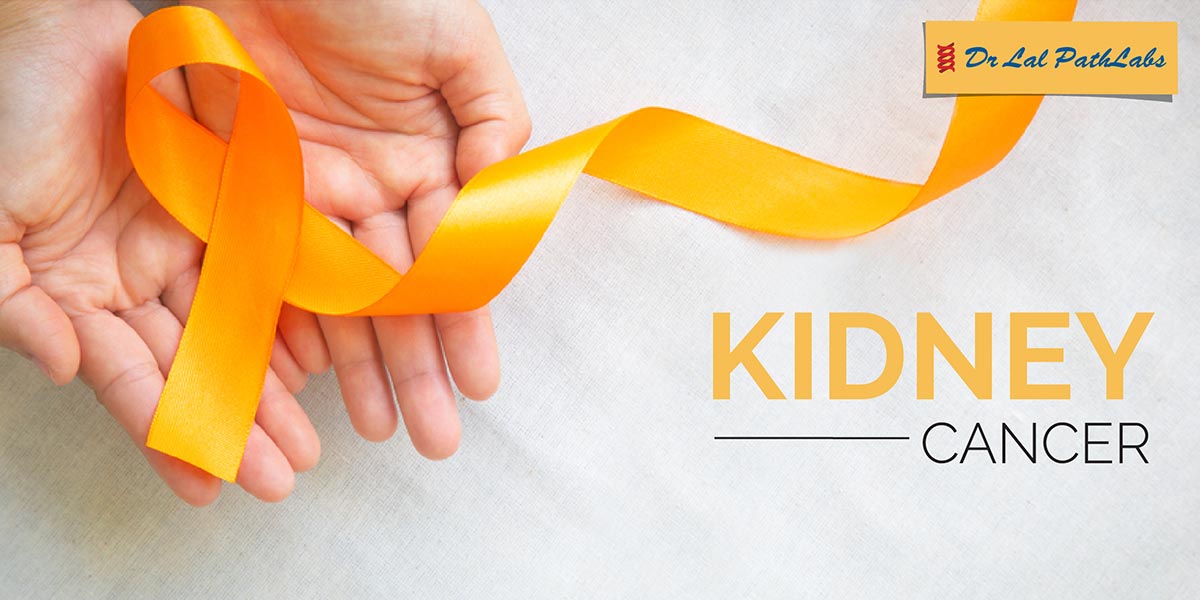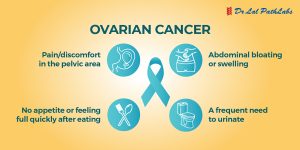Kidney Cancer: Causes, Symptoms, and Diagnosis
Overview
Kidney cancer is abnormal cell growth in the kidney tissue. Kidney cancer is one of the most common cancers in adults. Old age, obesity, and high blood pressure increase the risk of developing kidney cancer.

The kidneys are a pair of bean-shaped organs located at the bottom of the rib cage and are mainly responsible for:
- Filtering waste products, excess water, and other impurities out of the blood.
- Regulating pH, salt, and potassium levels in the body.
- Regulating blood pressure and the production of red blood cells.
- Activating a form of vitamin D that enhances calcium absorption.
What are the types of Kidney Cancer?
The various types of kidney cancer include:
- Renal cell carcinoma: It is the most common type of kidney cancer in adults and it usually develops as a single tumor in one kidney, but it can affect both kidneys. Renal cell carcinoma often stays in the kidney, but it can spread to other parts of the body, most often the bones, lungs, or brain.
- Transitional cell cancer: It usually begins in the area where the ureter connects to the main part of the kidney and can also occur in the ureters or bladder.
- Renal sarcoma: It is the least common form of kidney cancer, and begins in the connective tissues of the kidneys.
- Wilms tumor: It is the most common type of kidney cancer in children.
What are the signs and symptoms of Kidney cancer?
There may be no early signs and symptoms of kidney cancer. As cancer grows, signs and symptoms may include:
- Blood in the urine
- A lump in the abdomen
- Fatigue
- Loss of appetite
- Unexplained weight loss
- Low-grade fever
- Pain in the lower back
- High blood pressure
- Anemia
- Night sweats
What are the risk factors associated with Kidney cancer?
The following risk factors are known to be associated with kidney cancer:
- Smoking
- Obesity
- Hypertension
- Family history of kidney cancer
- Radiation therapy
- Long-term dialysis treatment
- Advanced age
- Long-term use of a pain-relieving medication
- Certain rare genetic conditions
- Long-term exposure to asbestos or cadmium
- Being male
How is Kidney cancer diagnosed?
The doctor will do a physical examination and may recommend the following tests to diagnose kidney cancer:
- Blood tests to assess kidney function and diagnose anemia.
- Urinalysis to detect blood in the urine.
- Imaging tests such as CT Scan, MRI, or Ultrasound to identify the presence of tumors or changes in the shape of the kidney that could be due to cancer.
- Biopsy to detect cancer cells.
How is Kidney cancer treated?
The treatment of Kidney cancer depends on the stage and type of the tumor, age, and overall health. The treatment options include
- Surgeries such as partial nephrectomy, radical nephrectomy
- Ablation
- Radiation therapy
- Targeted drug therapy
- Immunotherapy
- Chemotherapy
What are the tips to prevent kidney cancer?
The exact causes of kidney cancer are unknown, hence there is no way to prevent it altogether.
However, the risk of kidney cancer can be reduced by the following tips:
- Avoid smoking
- Manage conditions such as high blood pressure, and diabetes.
- Lose weight, if overweight
- Avoid exposure to asbestos and cadmium
- Eat a balanced diet
Disclaimer:
This blog is for informational purposes only and should not be construed as advice or as a substitute for consulting a physician. It is not a substitute for medical advice or treatment from a healthcare professional.














